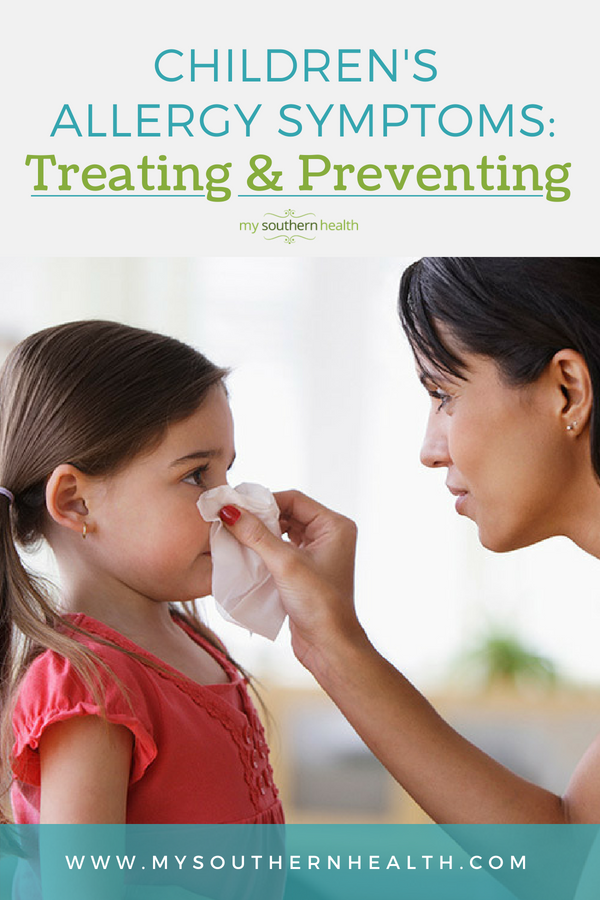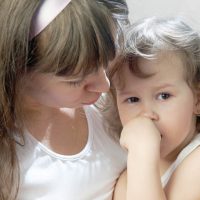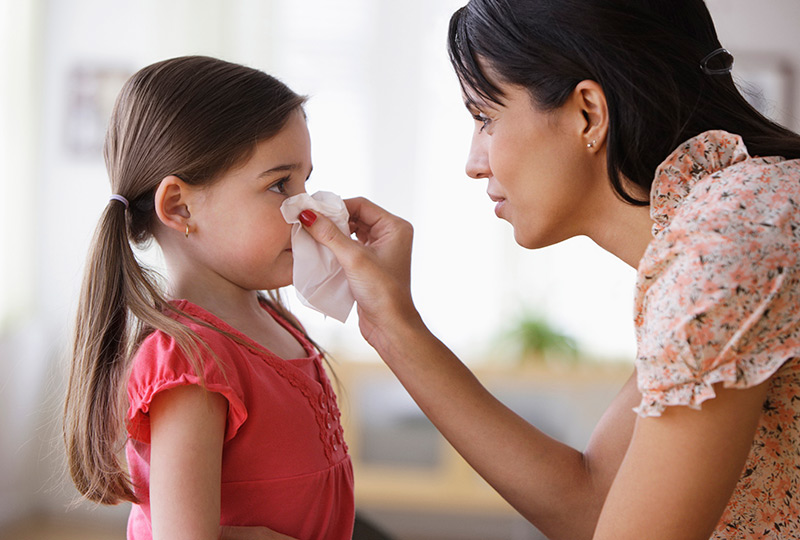Some strategies for controlling the runny noses and itchy eyes.
Spring is a welcome break for most after the gray and colder days of winter. Even those who have spring allergies can enjoy the warmer weather and outdoor activities, if they are prepared for the allergic symptoms that the season can bring.
Most early spring allergies are due to allergy to tree pollen. Trees begin their blooming early, sometimes even before any spring flowers can be seen. Many who have allergy to tree pollen believe that they may be allergic to the spring flowers, when in fact, those plants that have pretty flowers or smell good are likely to be pollinated by bees and do not have the type of pollen that travels well in the wind. Wind-borne pollen is the culprit in most cases, and these include most of the larger non-evergreen trees. Later spring and summer allergy symptoms (May and beyond) are likely due to allergy to grass pollen.
If a previous spring/summer season caused symptoms of itchy nose or eyes, runny nose, nasal congestion/sneezing, red or watery eyes, or swollen eyelids, it is wise to begin treating for these allergy symptoms even before they begin. Usually a daily antihistamine that lasts 12 to 24 hours will help to control symptoms.
If this alone doesn’t help, and the child is over the age of 2 or 3 years, a physician may also prescribe a daily nasal steroid spray to reduce nasal inflammation, and possibly a daily antihistamine eye drop to reduce eye inflammation. It is always wise to consult a physician when available over-the-counter antihistamines taken for symptoms do not seem to be effective, as there are other medications that may help.
Other suggestions for avoiding allergy symptoms in the spring:
- Play outdoors later in the day, because pollen counts tend to be highest in the morning hours.
- Keep windows closed to prevent pollen from coming into the house or car.
- Use a clothes dryer rather than putting wash out to dry, as clothes may pick up outdoor pollen on an outdoor clothesline.
- Change clothing after playing outdoors to reduce having pollen spread around in the house.
- Take time to brush off pets outdoors before they come inside, to keep them from bringing pollen in on their fur.
If you or your child has eczema that flares during the pollen season, be sure to have a protective layer of lotion or cream on the skin to keep the pollen from directly contacting the skin. Wash this off when entering and staying indoors, then reapply.
Donna S. Hummell, M.D., is professor of Clinical Pediatrics. She specializes in allergic disorders, host defense and immunodeficiency states.


Vanderbilt’s Children’s After-Hours Clinics offer the convenience of a walk-in clinic with care provided by a board-certified pediatrician from Children’s Hospital. No appointment is necessary, but we recommend calling your pediatrician first. Learn more about services and find locations for Children’s Hospital After Hours Clinic locations.

